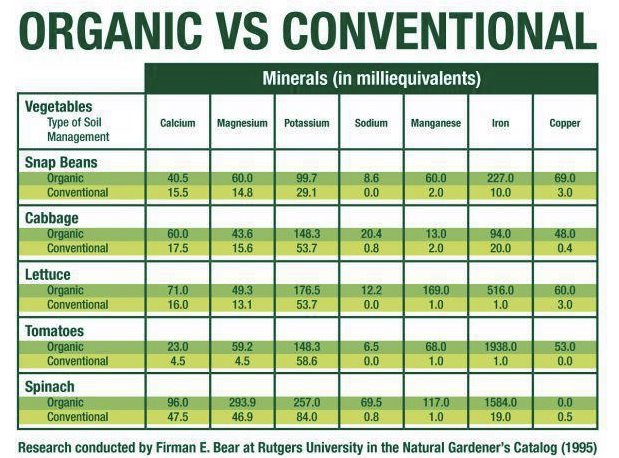 WHAT DOES “ORGANIC” MEAN?
WHAT DOES “ORGANIC” MEAN?
The USDA National Organic Program (NOP) defines organic as follows:
Organic food is produced by farmers who emphasize the use of renewable resources and the conservation of soil and water to enhance environmental quality for future generations. Organic meat, poultry, eggs, and dairy products come from animals that are given no antibiotics or growth hormones. Organic food is produced without using most conventional pesticides; fertilizers made with synthetic ingredients or sewage sludge; bioengineering; or ionizing radiation. Before a product can be labeled “organic,” a Government-approved certifier inspects the farm where the food is grown to make sure the farmer is following all the rules necessary to meet USDA organic standards. Companies that handle or process organic food before it gets to your local supermarket or restaurant must be certified, too.
HOW DO I KNOW IF MY FOOD IS ORGANIC?
The USDA has identified for three categories of labeling organic products:
- 100% Organic: Made with 100% organic ingredients
- Organic: Made with at least 95% organic ingredients
- Made With Organic Ingredients: Made with a minimum of 70% organic
ingredients with strict restrictions on the remaining 30% including no
GMOs (genetically modified organisms)
Products with less than 70% organic ingredients may list organically
produced ingredients on the side panel of the package, but may not make
any organic claims on the front of the package.
WHY CHOOSE ORGANIC?
